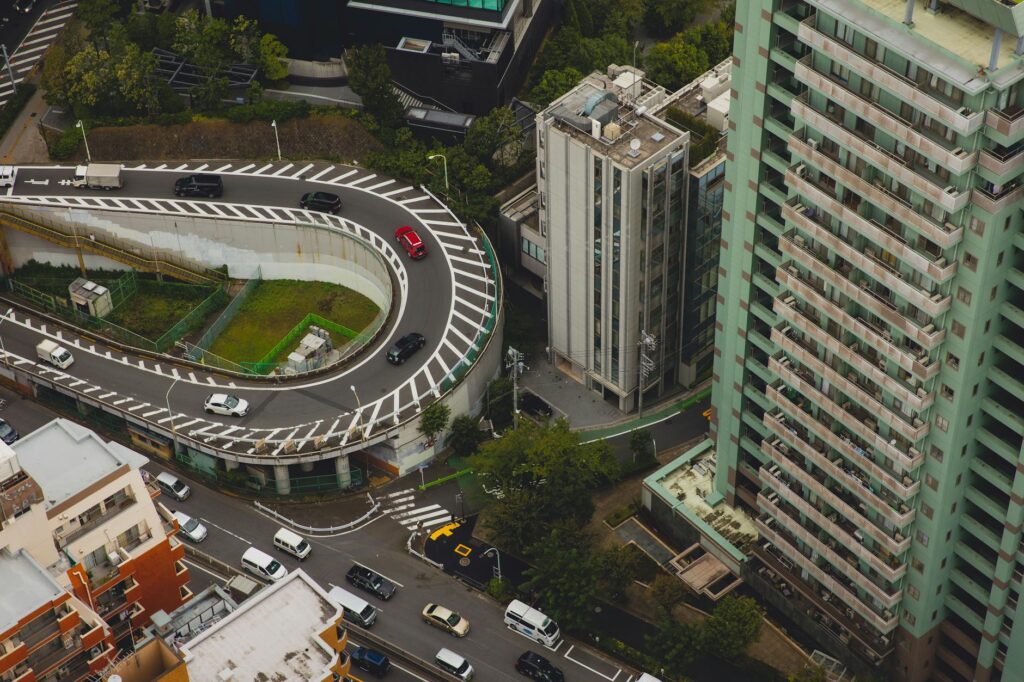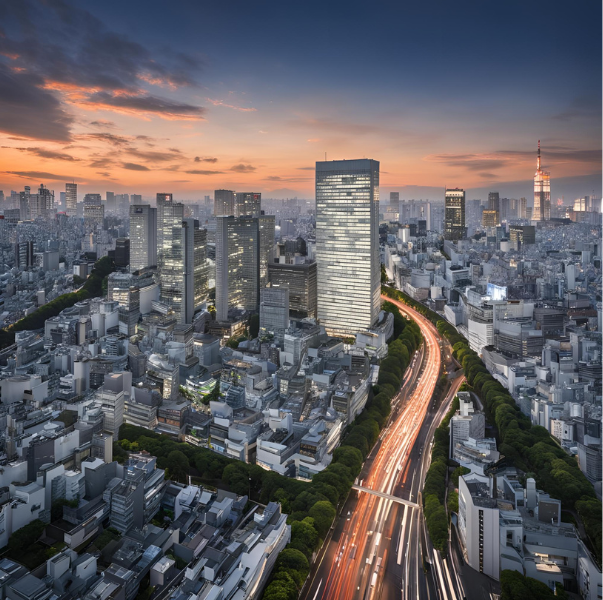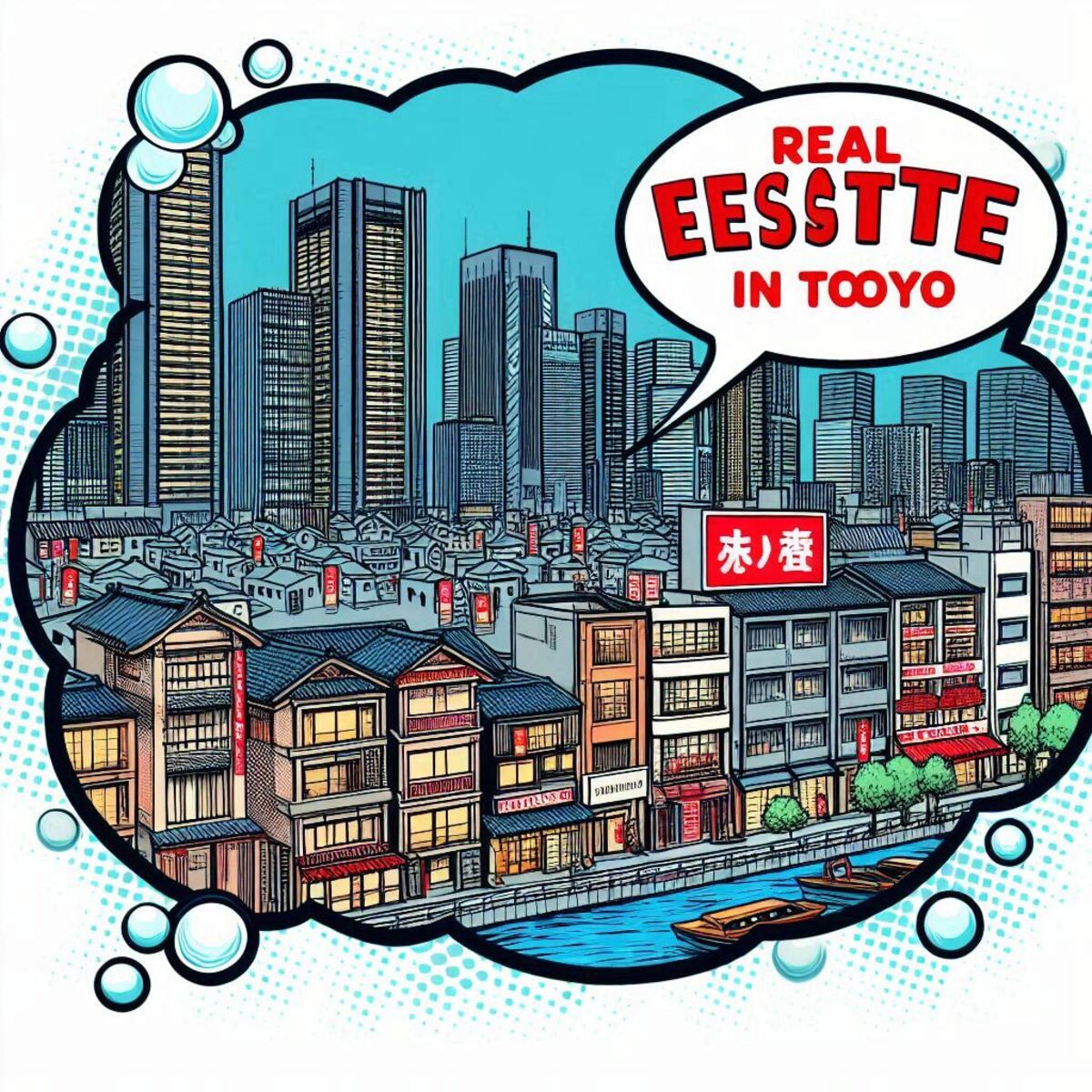“Is Tokyo Real Estate Overpriced?”
“Is It Too Late to Buy Now?”
These are common concerns among investors and wealthy people. In recent years, property prices—especially in central Tokyo—have risen significantly, prompting speculation both in Japan and abroad that the market may be in a bubble.
However, a closer, data-driven analysis reveals a different picture: Tokyo is not an overheated bubble, but in fact, still an undervalued city by global standards.
So, is Tokyo in a bubble? Or is it the last true buying opportunities in the world?
In this article, we explore the answer through the perspectives of pricing trends, profitability, supply-demand dynamics, and international comparisons.
■ Don’t Be Misled by Surface-Level “Price Surges”
It’s true that in central Tokyo—particularly in areas like Minato, Chiyoda, and Shibuya—condominium prices have risen by 30% to 50% since 2020.
This sharp appreciation has been driven by factors such as pandemic-era monetary easing, a weakened yen, and a renewed shift toward urban living.
This might appear to be a dramatic surge. But what truly matters is whether this price growth is rooted in real demand.
In short, this is not a speculative seller-driven bubble. It is a market where genuine buyers and end-users are actively participating—people who truly want to live in, or own, prime Tokyo properties.
- Even in the secondary market, transactions are closing at elevated prices
- Inventory remains scarce, unable to keep pace with demand
- New supply is limited, and land acquisition is increasingly difficult
In short, this is not a speculative seller-driven bubble. It is a market where genuine buyers and end-users are actively participating—people who truly want to live in, or own, prime Tokyo properties.
■ Tokyo Remains “Affordable” Compared to Other Global Cities
This reality is supported by international market data:
| City | Price per ㎡ in Central Areas (Approx.) |
|---|---|
| Hong Kong | ¥3,000,000–¥5,000,000 |
| London | ¥2,500,000–¥4,000,000 |
| New York | ¥2,200,000–¥3,500,000 |
| Singapore | ¥2,000,000–¥3,000,000 |
| Tokyo (Minato) | ¥1,500,000–¥2,000,000 |
In other words, Tokyo remains the most affordable city among the world’s premier urban centers for acquiring high-quality residential properties.
Moreover, when factoring in the current exchange rate and weak yen, it is no exaggeration to say that Tokyo real estate is effectively “on discount” for foreign investors.

■ Tokyo’s True Strength—Seen Through Yields and Holding Costs
In real estate, it’s not just about the purchase price—the balance between income potential and long-term maintenance costs is equally critical.
- Gross rental yields in central Tokyo: 2.5%–4.0%, even in the luxury segment
- Property tax: Approximately 0.1%–0.3% annually based on market value
- Maintenance and repair costs: Transparent, relatively low, with well-structured long-term repair plans
In contrast, cities like Hong Kong or Vancouver typically offer lower yields (1%–2%) and impose higher property and vacancy taxes.
This makes Tokyo a market that may appear modest, yet delivers superior efficiency over time.
Far from being a bubble, Tokyo represents a stable and income-generating urban asset with real staying power.
■ Tokyo’s Potential as the “Last Undervalued Global City”
Will Tokyo real estate continue to rise in value?
The answer is yes.
Moreover, Tokyo is projected to remain a magnet for population concentration. Even in an era of declining birthrates, it is likely to stay a “chosen city” in Japan’s demographic future.
- Major redevelopments are underway in core wards like Minato and Chuo—such as Toranomon, Azabudai, and Yaesu
- Foreign capital inflows are expected to accelerate, particularly from Thailand, Singapore, and Taiwan
- If the weak yen persists, Tokyo could become the ultimate entry point for foreign currency-based investment
Moreover, Tokyo is projected to remain a magnet for population concentration. Even in an era of declining birthrates, it is likely to stay a “chosen city” in Japan’s demographic future.

■ Summay — Not a Bubble, But a Long-Term Asset That Matures with Time
A price increase does not necessarily mean a bubble.
A true bubble is when prices rise without intrinsic value to support them.
Tokyo real estate is supported by genuine fundamentals: robust legal frameworks, cultural depth, safety, high-quality property management, and an exceptional living environment.
Yet in many ways, these intrinsic values are still undervalued on the global stage.
Now is the time to reconsider Tokyo—not as an overheated market, but as the last remaining undervalued asset in the global real estate landscape.




